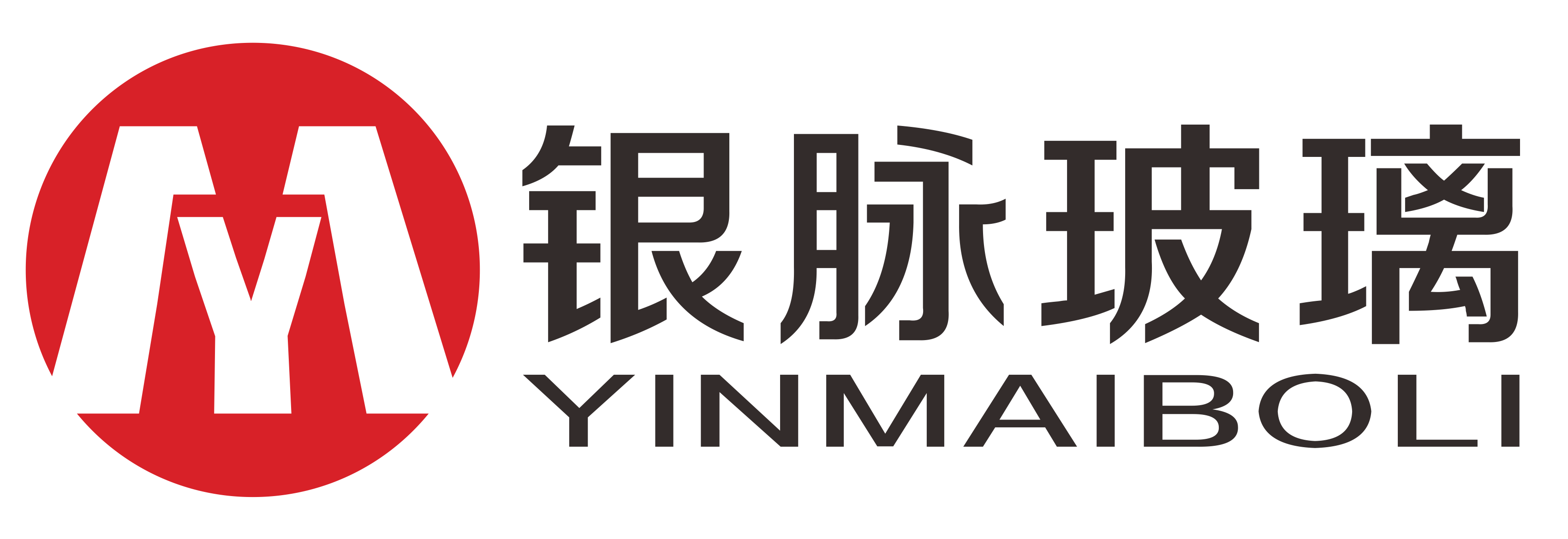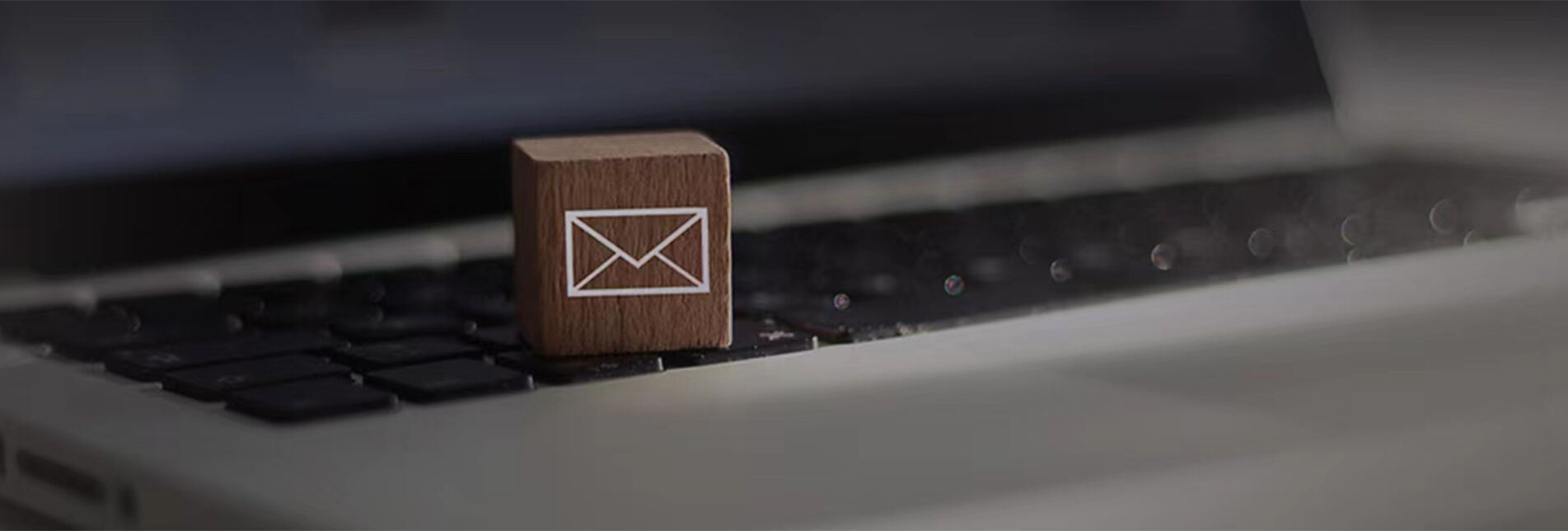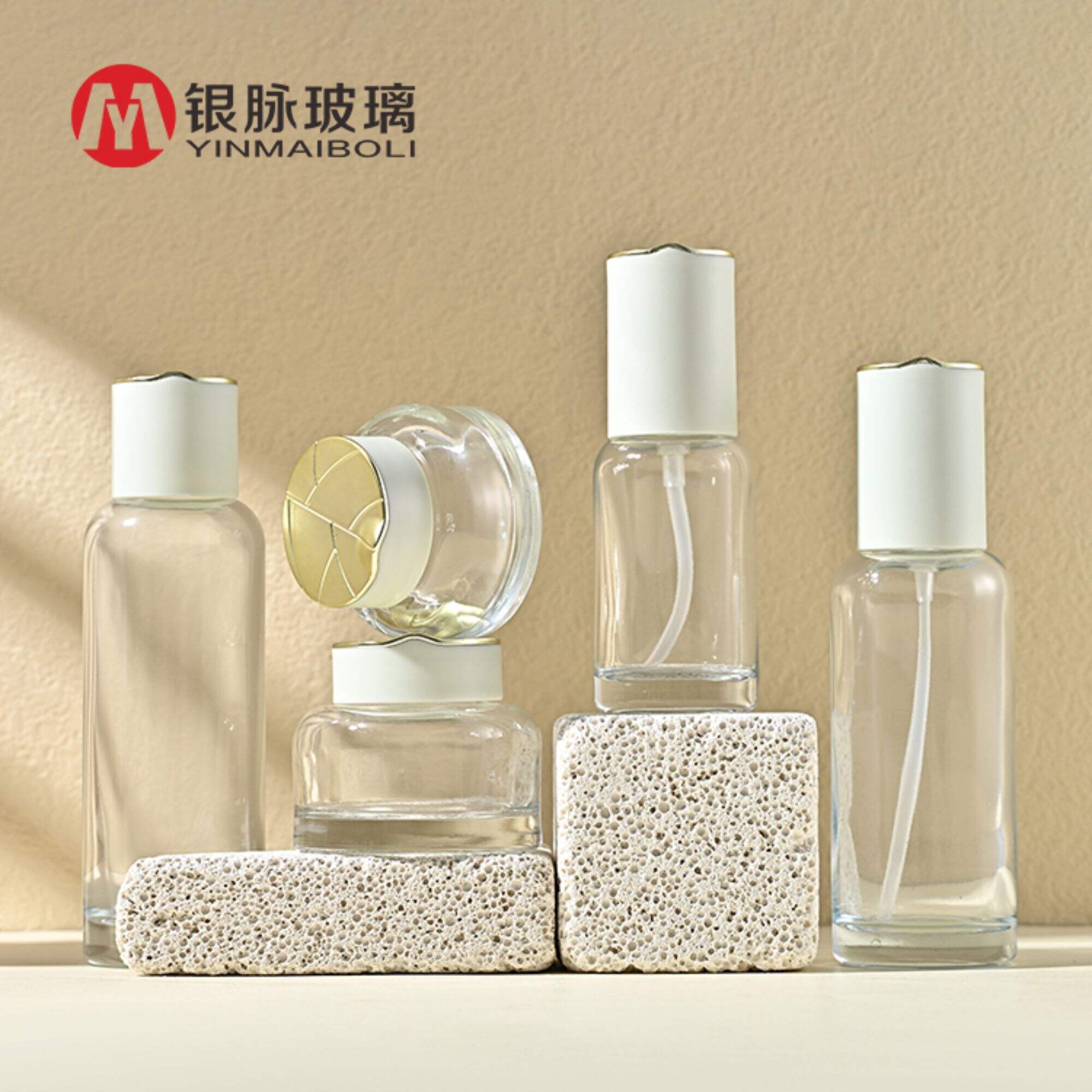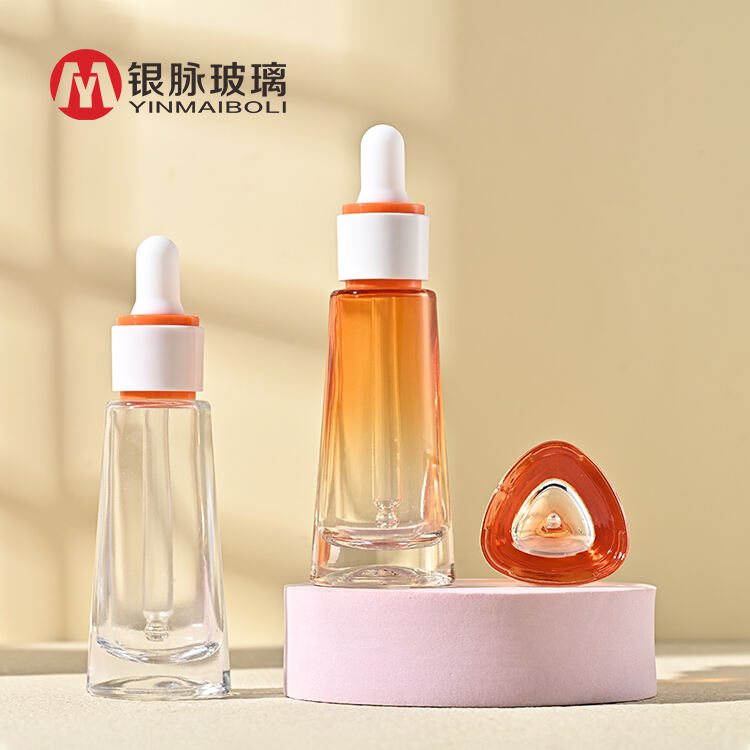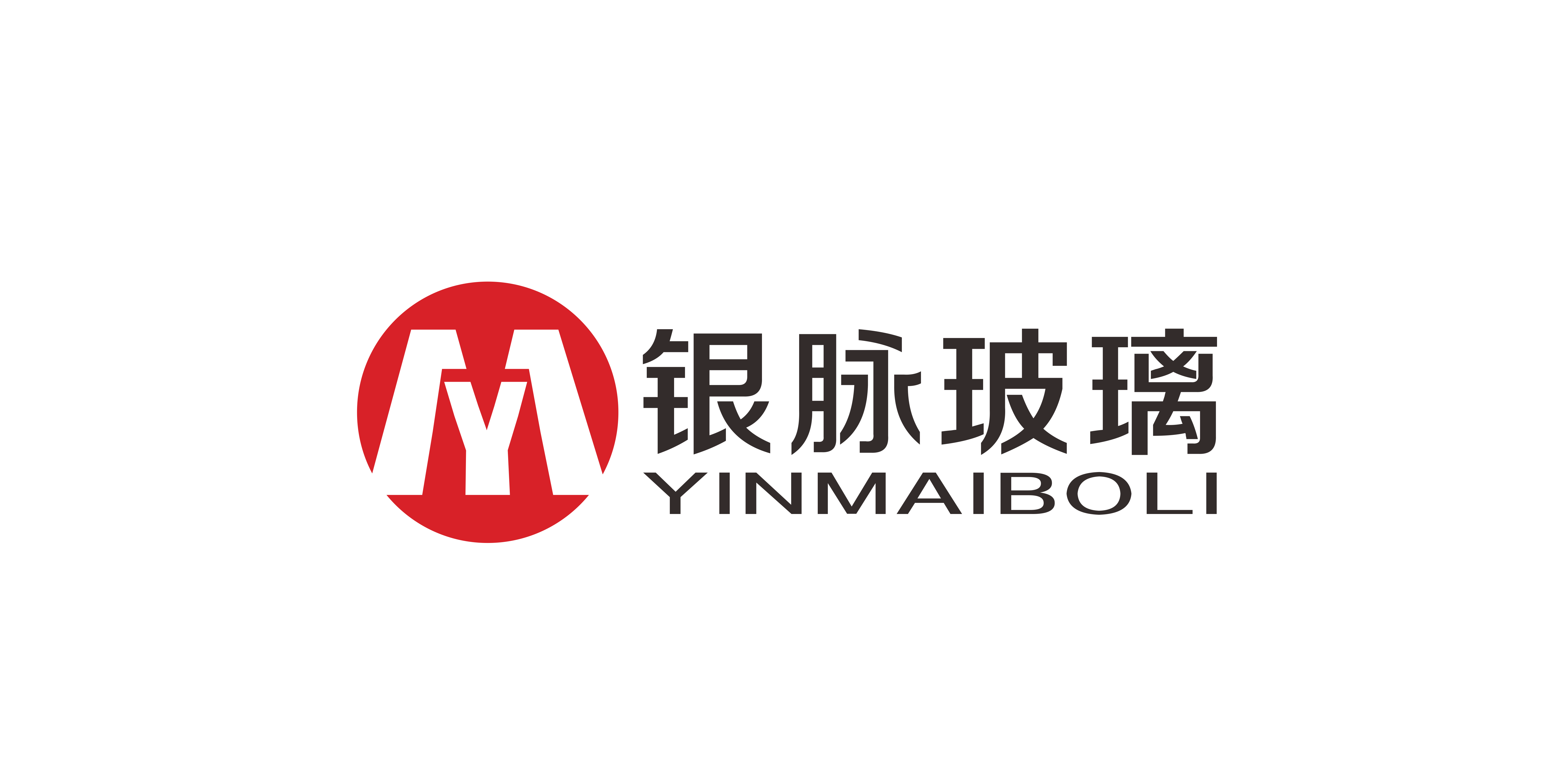Sustainability in Focus: Recyclable Materials for Cosmetic Packaging
Best Recyclable Materials for Cosmetic Packaging
Glass: The Premium Eco-Conscious Choice
Glass stands out as one of the most eco-friendly materials for cosmetic packaging due to its superb recyclability. Not only can glass be reused without losing quality, but its recycling rates are impressively high. Statistics indicate that up to 90% of glass can be recycled efficiently, significantly reducing landfill waste. This makes it an excellent choice for storing cosmetic products in premium bottles and jars. Additionally, glass is chemically stable and does not leach harmful substances, ensuring that cosmetic formulations remain pure and safe. Brands such as ILIA utilize glass for packaging to enhance both sustainability and product integrity.
Aluminum: Lightweight and Infinitely Recyclable
Aluminum is a popular choice for sustainable packaging in the cosmetic industry due to its lightweight nature and capacity for infinite recyclability. The environmental benefits are substantial, as producing new aluminum from recycled materials requires 95% less energy compared to using raw materials. This brings aluminum into a central role within the circular economy, where cans and bottles are continuously recycled. Many brands implement aluminum packaging, like Elate Beauty, which uses aluminum for various cosmetics, thereby reducing their environmental footprint through energy conservation and material reuse.
Biodegradable Plastics: Balancing Function & Sustainability
Biodegradable plastics present a promising solution for eco-conscious cosmetic packaging by offering quicker breakdown compared to traditional plastics. Research shows that certain types of biodegradable plastics can decompose in industrial composting facilities within 90 days, substantially reducing landfill contributions. However, the success of these materials hinges on consumer disposal practices and awareness. Education plays a crucial role in ensuring biodegradable plastics are disposed of correctly. Cosmetics companies that opt for these materials must consider a practical disposal strategy to enhance the effectiveness of their sustainable packaging efforts.
Post-Consumer Recycled (PCR) Materials: Closing the Loop
Post-Consumer Recycled (PCR) materials are integral in closing the recycling loop, thereby minimizing waste. By incorporating PCR into packaging, brands significantly lower their carbon footprints—reports state up to a 75% reduction compared to virgin plastics. Utilizing PCR showcases a brand's dedication to sustainability, appealing to eco-conscious consumers who prioritize green practices in purchasing decisions. Cosmetics companies like MOB Beauty leverage PCR materials to sustain the demand for environmentally friendly packaging while aligning their commitment to reducing environmental impact with customer values.## Innovative Sustainable Packaging Solutions in Practice
Luxury Glass Bottles with Pump Sprayers (40ml-120ml)
Luxury glass bottles with pump sprayers not only cater to the aesthetic desires of high-end consumers but also emphasize sustainability by utilizing recyclable materials. These bottles also offer the opportunity to be reused multiple times, significantly reducing waste in the cosmetic industry. An additional benefit is that products packaged in glass are perceived as more premium, enhancing brand image in the competitive skincare market.
Frosted Glass Dropper Bottles for Serums
Frosted glass dropper bottles are ideal for preserving serums, particularly sensitive essential oils, as they effectively protect against harmful UV rays. Their soft, premium feel enhances customer experience, aligning with the high-end aesthetics desired by luxury skincare brands. These dropper bottles also support environmentally responsible brand practices as they can be easily recycled, reinforcing the commitment to sustainability in cosmetic packaging.
Double-Layer Acrylic Containers with Recyclable Caps
Double-layer acrylic containers present a durable and sophisticated packaging solution for cosmetics, with a sleek, modern appearance. These containers usually come with recyclable caps, supporting sustainability goals by ensuring all components can be repurposed. Additionally, their lightweight nature contributes to reduced shipping costs and carbon emissions related to transportation, showcasing an intelligent packaging design.
Customizable Frosted Cream Jars (5g-100g)
Customizable frosted cream jars provide innovative and sustainable packaging solutions for brands aiming to stand out in the cosmetic industry. These jars allow for customization that can reduce material usage without sacrificing quality or aesthetic appeal, ensuring a luxurious look that aligns with eco-friendly practices. Often made from glass or other recyclable materials, they contribute positively to environmental sustainability while offering a versatile packaging option.
Benefits of Eco-Friendly Cosmetic Packaging
Reducing Carbon Footprint in Beauty Supply Chains
Eco-friendly packaging has the potential to drastically reduce carbon emissions in beauty supply chains, notably by up to 40%. By utilizing biodegradable options and reducing material usage, companies decrease waste and the necessity for excessive transportation of materials. This strategic optimization of resources is not only more efficient but also helps brands play an active role in tackling the global challenge of climate change. Investing in sustainable practices not only helps the environment but also enhances the brand's reputation as a responsible entity in the industry.
Meeting Consumer Demand for Circular Design
With a growing emphasis on sustainable consumer practices, there is a mounting demand for brands to integrate circular design principles in their packaging. Research shows that 68% of consumers are willing to pay more for sustainably packaged products, signaling a shift towards eco-conscious purchasing decisions. Brands that transparently showcase their commitment to sustainable packaging are more likely to foster consumer trust and loyalty. By meeting these expectations, brands not only align with consumer values but also leverage a competitive edge in the market.
Enhancing Brand Loyalty Through Transparency
Transparency around sustainability efforts significantly boosts brand loyalty, which is supported by data indicating that customers gravitate towards companies with clear eco-friendly practices. Brands that demonstrate a genuine commitment to sustainable packaging witness up to 25% higher customer retention rates. Openly communicating sustainability initiatives can strengthen consumer relationships and reinforce a brand's image as socially responsible. By doing so, companies can attract a dedicated customer base that values ethical consumption and environmental stewardship, ultimately leading to sustained business growth.## Overcoming Recycling Challenges in Beauty Packaging
Addressing Mixed-Material Components (Pumps/Sprayers)
Mixed-material components, like pumps and sprayers, present substantial hurdles for recycling processes in cosmetic packaging. Research indicates that around 30% of cosmetic packaging remains non-recyclable primarily due to the complexity of these components, as they often combine different materials, such as metal springs and plastic nozzles, making separation for recycling difficult. To combat this issue, it's crucial for brands to innovate designs that allow easy disassembly. Such designs can enable the recycling of individual parts, thereby reducing the environmental impact of beauty products. Not only would this help in managing waste effectively, but it would also move the industry closer to a more sustainable future.
Improving Infrastructure for Glass Jar Recycling
Enhancing the recycling infrastructure for glass jars is another critical area that can significantly increase recycling rates. Currently, only about 30% of glass containers in the U.S. are recycled, indicating a vast potential for improvement. By investing in advanced recycling systems and facilities, the beauty industry can ensure that glass containers, which are fully recyclable, are recycled at a much higher rate. This not only reduces the reliance on raw materials but also contributes to broader sustainable practices within the industry. Such investments would yield long-term benefits, making sustainable practices a cornerstone of the beauty industry's efforts to reduce environmental impact.
Educating Consumers on Proper Disposal Practices
Educating consumers about proper disposal practices is essential for improving recycling rates in the cosmetic industry. Currently, only about 25% of consumers are familiar with the correct methods for recycling mixed-material products, which underscores a significant knowledge gap. Brands can play a pivotal role by providing clear and concise recycling guidelines on packaging, as well as through marketing campaigns. By empowering consumers with the knowledge they need to dispose of products properly, companies can enhance their sustainability credentials and foster a more environmentally conscious customer base. Such educational initiatives not only support recycling efforts but also reinforce brand loyalty among eco-conscious consumers.
